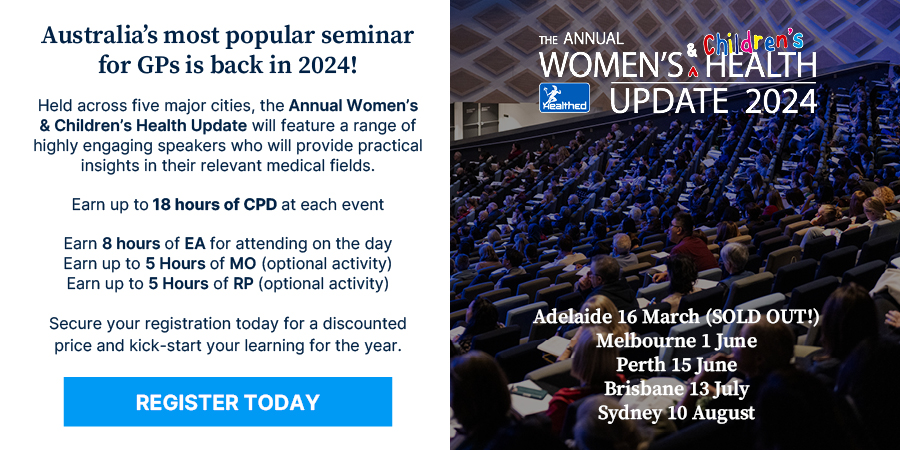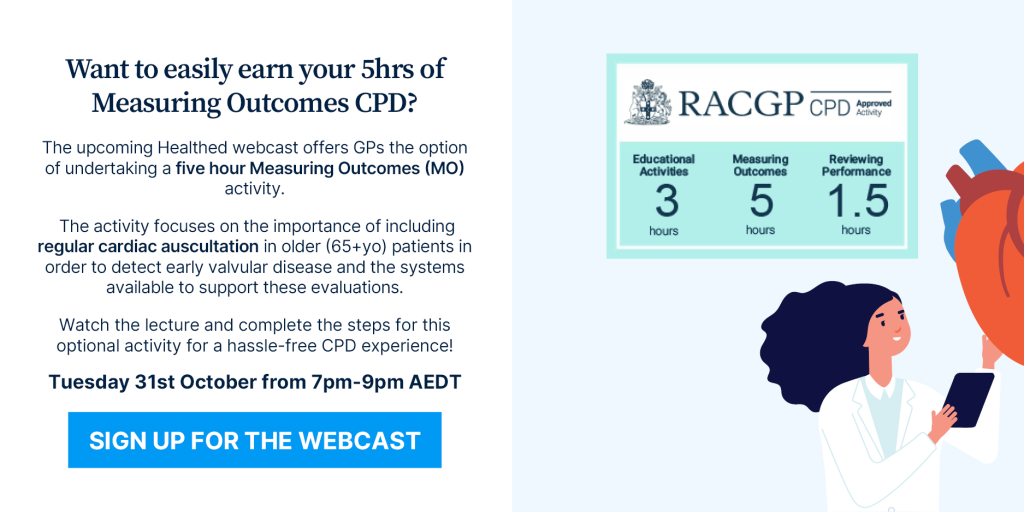Allergic rhinitis practical management tips and traps

The role of radiation therapy in the management of keratinocyte cancer – Lecture
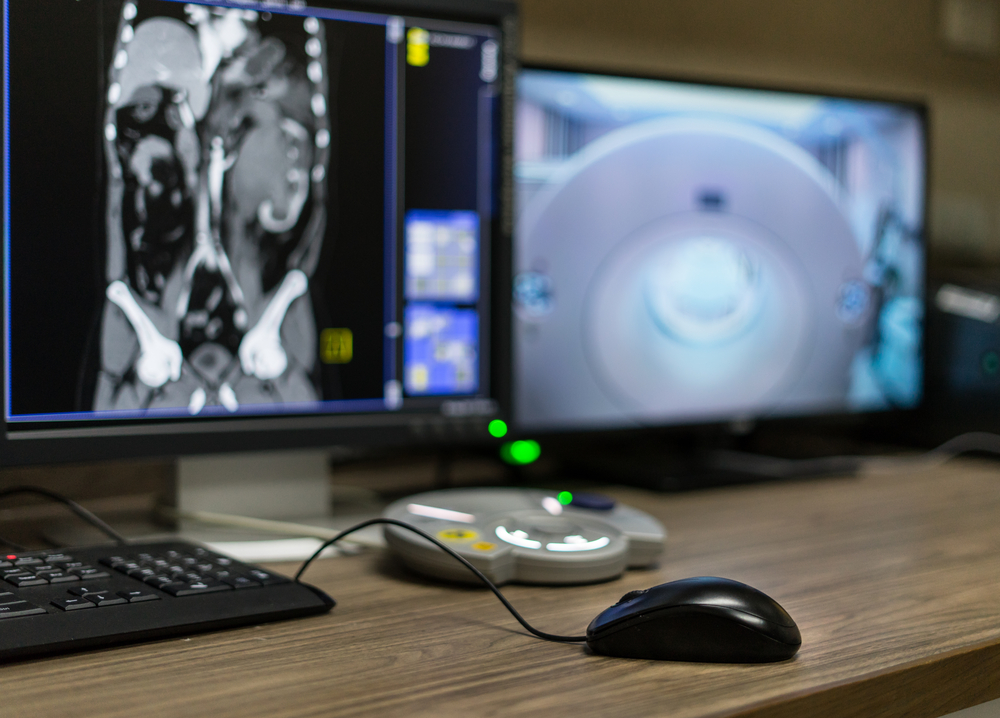
In this Healthed lecture, A/Prof Dion Forstner & Dr Farshad Kasraei explain that radiation therapy is the most effective non-invasive option for keratinocyte cancer lesions, with 5-year control rates approaching surgery. It also complements surgery well in the adjuvant setting for high-risk disease. Advances in technology and an understanding of radiobiological processes has allowed it to be applied to a wider variety of disease presentations, whilst mitigating acute and chronic side effects.
Shingles vaccination in the immunocompromised – Which option for which patient?
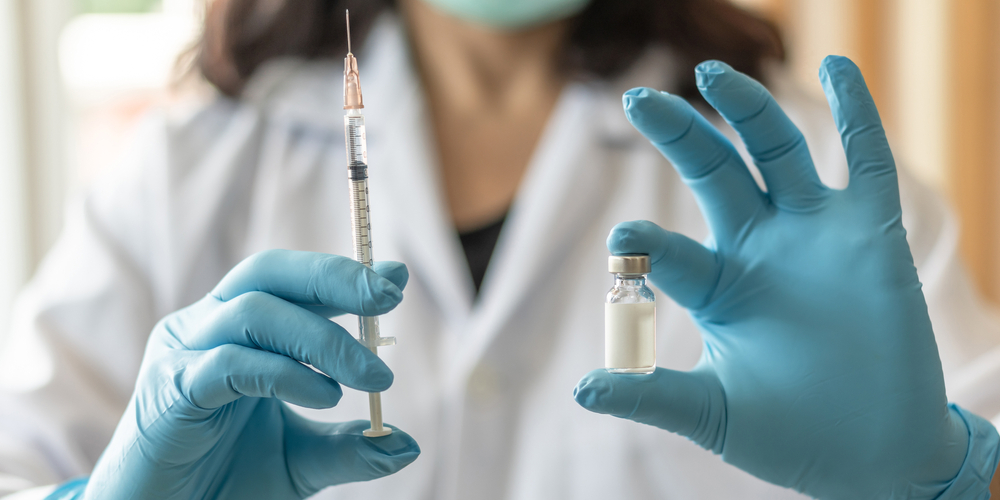
In this Healthed lecture, infectious diseases physician, Prof Tony Cunningham AO explains which immunocompromised patients should be given the recombinant (Shingrix) vs the inactivated (Zostavax). Prof Cunningham also describes how immunocompromised patients fit into one of three basic categories. Each of these categories warrants a different degree of caution, and each warrants a different approach to vaccination choice.
A step-by-step guide to menopausal hormone therapy

In this Healthed lecture, Obstetrician and Gynaecologist, Prof Rod Baber explains that menopausal hormone therapy is an effective way to control menopausal symptoms and will cover the key indications and contraindications for the use of MHT, the overall benefits and risks, how to prescribe MHT for a variety of women, and the long term follow up.
Paediatric growth disorders – What GPs need to know
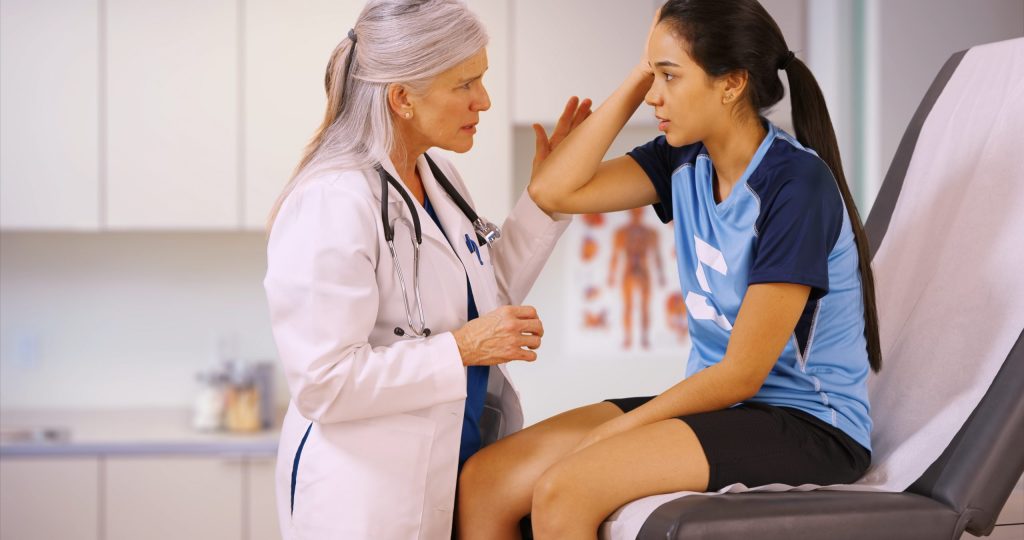
In this Healthed webcast, A/Prof Gary Leong will outline the steps that GPs need to take to ensure these young patients get identified and treated early. In his words, he plans to demonstrate ‘how to make your life as a general practitioner easy’ when it comes to managing growth disorders in primary care.
The role of GP in post prostate cancer care
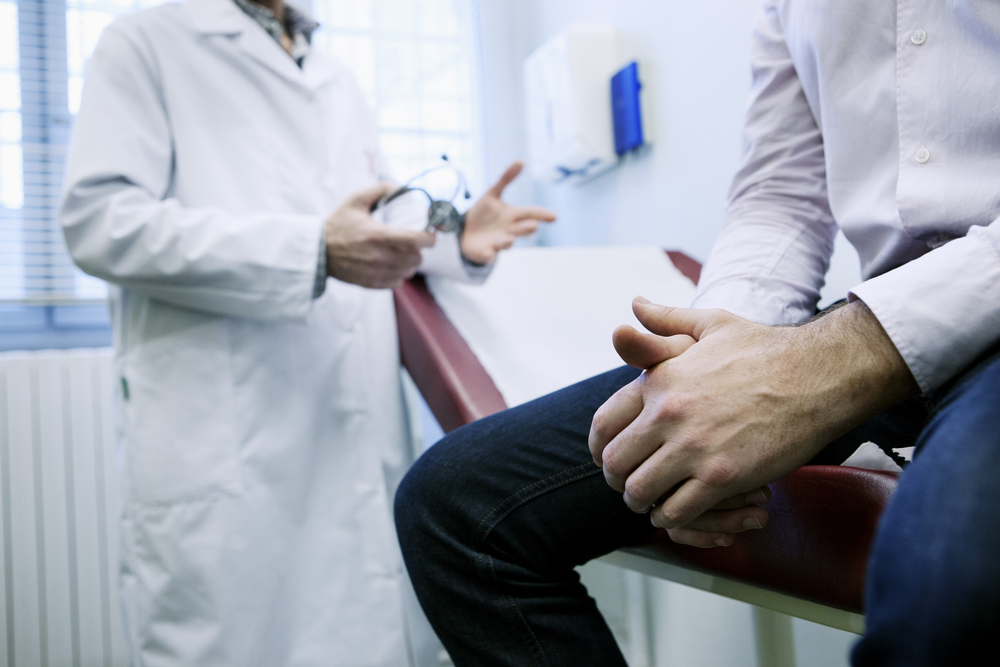
In this Healthed lecture, Prof Henry Woo will help GPs give the most up-to-date and evidence-based advice to their post radical prostatectomy patients, including managing their expectations, effective therapies and realistic time-frames for recovery, especially for the two most common side effects – urinary incontinence and erectile dysfunction. He will also outline the latest information on androgen deprivation therapy, a very common treatment for advanced prostate cancer which, like surgery, comes with its own risks, benefits and challenges.
Allergic and non-allergic rhinitis – Practical approach for GPs
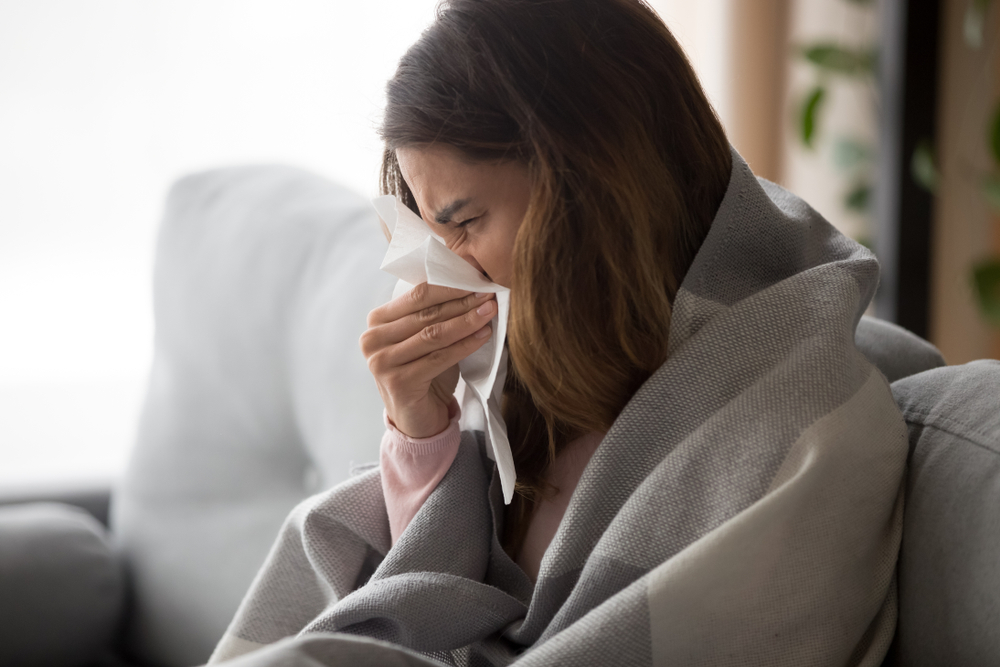
In this Healthed lecture, Dr Jessica Tattersall presents the latest evidence and understanding about rhinitis and provides a framework on how best to assess, investigate and manage this often very miserable condition.
Oral contraception update

In this Healthed lecture, Prof Deborah Bateson explains the differences between the various oral contraceptive preparations available in Australia. Participants will be able to take an evidence-based approach to both the pros and cons of oral contraceptive pill use, be able to discuss ways that they might tailor an oral contraceptive preparation to the user’s particular needs, understand the differences between combined and progestogen-only OCPs and examine the rationale behind the development of the newer oral contraceptive preparations available in Australia and internationally.
Babies that won’t sleep – Practical tips for parents

In this Healthed lecture, Cindy Davenport explains that unsettled infant behaviour is very common during the first few months after birth. Around 15–35% of parents state that their infants’ sleep is a problem, with concerns typically focused on frequent night waking and/or difficulties initiating sleep. The good news is that most changes are normal and that there are many things as a GP you can do to assist your parents achieve healthy sleep habits for their babies. Cindy will provide common tips, strategies and practical ways to aid parents with their infant’s sleep challenges.
Triple therapy in asthma- Your questions answered

Prof Christine Jenkins provides practical advice for GPs wanting to translate the latest asthma management guidelines into effective and realistic clinical practice.
The GPs role in improving AF management

In this Healthed lecture, Prof Andrew Sindone explains that detecting atrial fibrillation and commencing anticoagulation therapy is our greatest weapon in preventing stroke. And yet people with this arrhythmia are still going undiagnosed and untreated. Prof Sindone will present the latest evidence of the incidence and prevalence of both AF and stroke, and gives the reasons why the vast majority of AF patients can safely be put on preventive therapy to optimise their chances of a stroke-free future.
Shingles vaccination – Frequently asked questions answered!
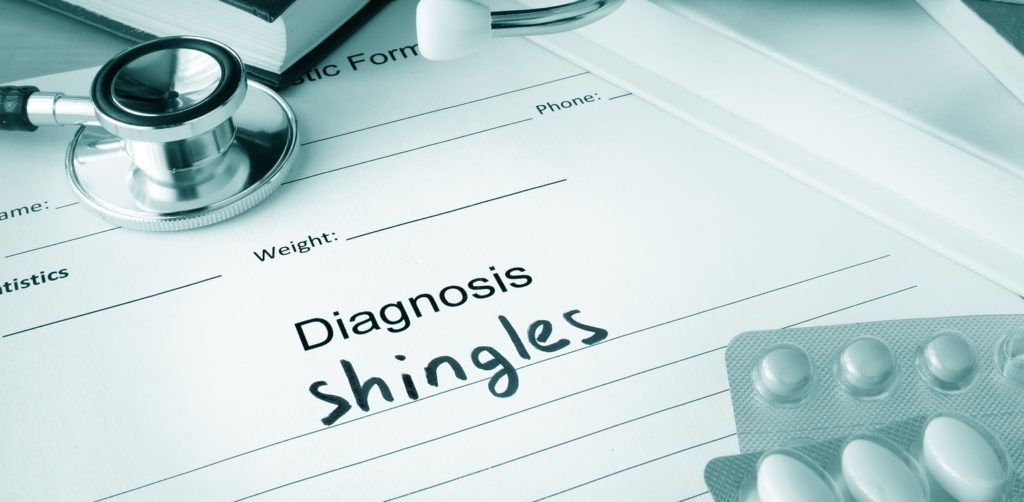
In this Healthed lecture, A/Prof John Litt AM provides an overview on the zostavax vaccine uptake in Australia, the recombinant zoster vaccine, and the burden of morbidity.





